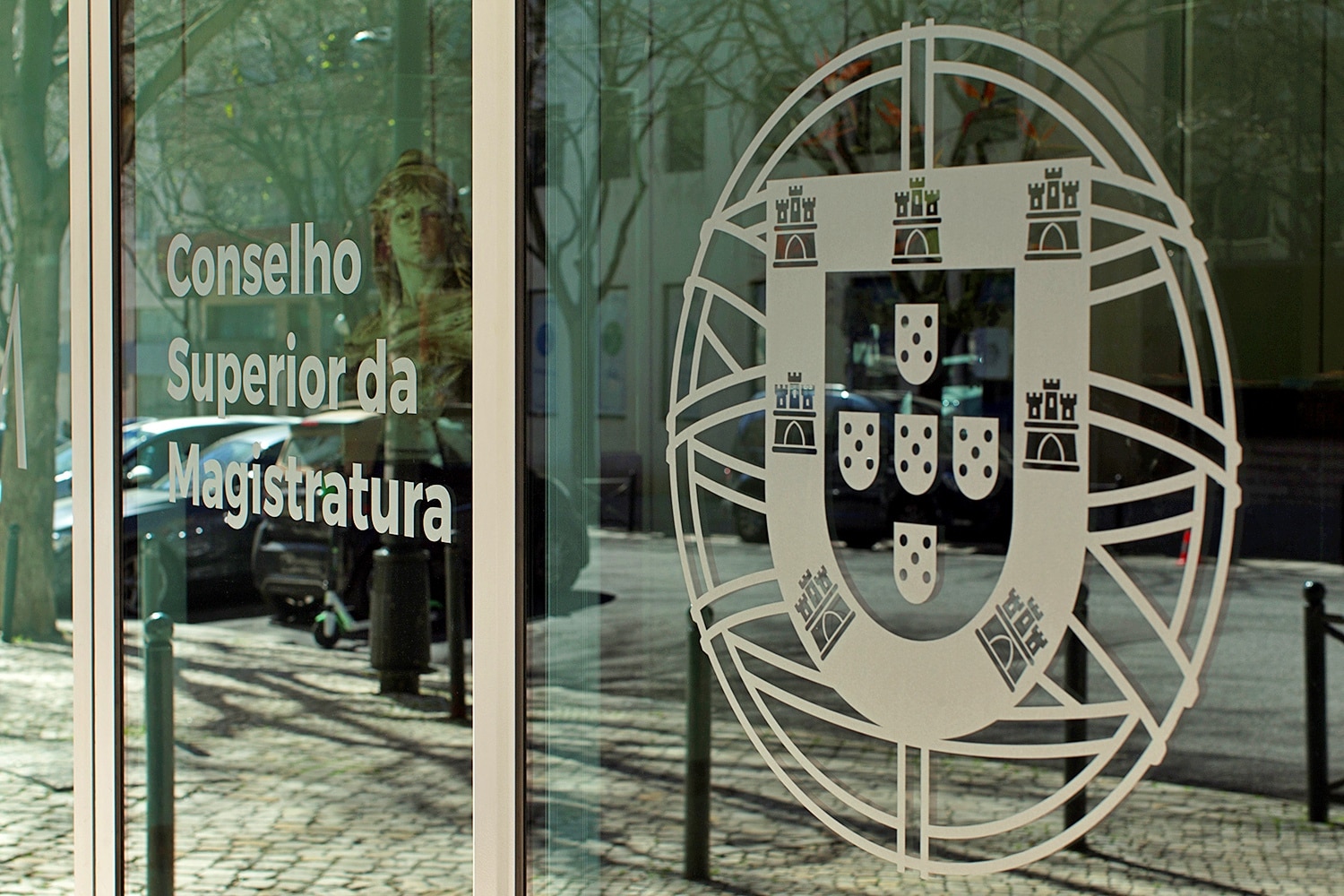Specifically, to prevent uninformed judges deciding bail measures
The fall of two governments in the last few months in the wake of corruption probes that then go pear-shaped at bail hearings has seen the Superior Council of Magistracy decide ‘the system needs to change’.
The problem, right now, is that early stages of complex cases, often involving political figures, or figures of influence, are being heard by magistrates that have no knowledge of the ‘back story’.
This was particularly noted in the case of the three men arrested in Madeira on January 24 in a probe that ‘toppled’ the regional government of Madeira, ousted the mayor of Funchal, and left the men in judicial limbo for 21 days, even though they insisted they wanted to make statements.
The magistrate who handled the men’s bail hearings took days before he even got to hearing their statements. He spent the first almost week of their custody familiarising himself with ‘the facts’ and wire tapping bureaucracy, explains Expresso.
After three weeks thus engaged, Judge Jorge Bernardes de Melo decided there was no evidence of corruption – and released the three on the lightest bail terms possible.
Public prosecutors were ‘appalled’ and put in an appeal. But the three men all went home – with the image of ‘justice in Portugal’ further tarnished since a similar outcome of defendants arrested in Operation Influencer – the probe that scuttled the mainland’s government last November.
Thus a new plan, which – according to Expresso – has been ‘under study’ for the past two months: in future the Superior Council of Magistracy only wants to see investigating judges decide bail measures in “the most complex cases”.
In other words, it wants to see “magistrates who have been familiar with the investigation from the moment there was a need for wiretapping, or other steps for which authorisation from a court is mandatory”.
This way, no time would need to be wasted on ‘getting up to speed with the facts’; nor would it be likely for a judge who validated wiretapping and/ or other measures to then see ‘no evidence’ in suspicions levelled against suspects.
This change, to be ‘deliberated at plenary level very soon’, satisfies public prosecutors (whose reputations have been put through the mill in the wake of Influencer and the Madeira probe).
Adão Carvalho, president of the syndicate of magistrates of the Public Prosecutor’s Office has stressed that “coherence and consistency are needed to avoid discrepancies in decision-making”.
Whether it will satisfy politicians, who have been bewailing the inefficiency of public prosecutors is what is not so clear.
natasha.donn@portugalresident.com




















